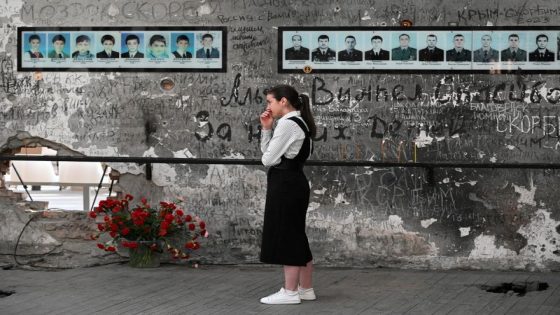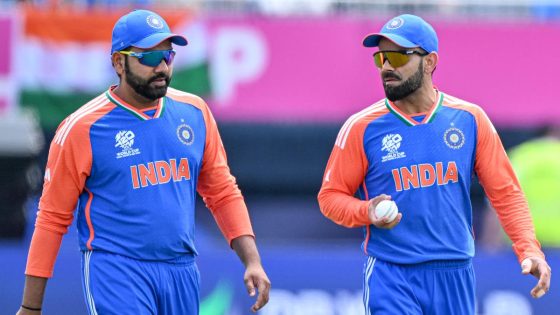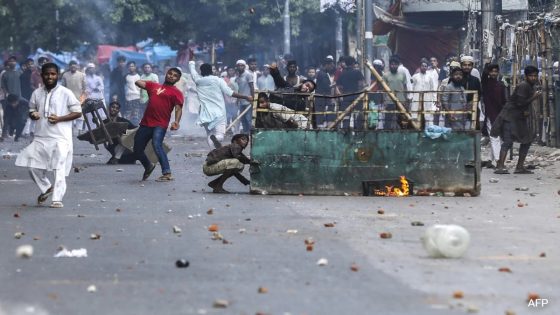BESLAN, Russia (Reuters) – Mourners lit candles and placed icons on Sunday beneath photographs of the schoolchildren, teachers and parents who died 20 years ago when Islamist gunmen staged the deadliest militant attack in modern Russian history.
At least 32 attackers linked to a separatist insurgency in neighbouring Chechnya took over the school in the small town of Beslan on the first day of term on Sept. 1, 2004, seizing more than 1,000 hostages and holding them for three days.
More than 330 hostages were killed, including at least 180 children, when Russian special forces launched a military assault on the building to bring the siege to an end.
Twenty years on, the interior concrete walls of the gymnasium in school no. 1, where the hostages were held captive, are covered with carved inscriptions lamenting the dead.
Chechen Nur-Pashi Kulayev was the only suspected militant who was arrested following the killing of all the others during the battle to free the hostages. Kulayev was found guilty despite his claims to innocence and sentenced to life in prison in 2006.
In the days and months after the attack, survivors accused the authorities of bungling the siege by using tanks, flamethrowers and grenade launchers while hostages were still cowering inside the school gym, and then covering up what happened.
In 2017, the European Court of Human Rights ruled that Russia had used excessive force to storm the school, causing a high number of hostages to be killed. The Kremlin called the court’s criticism unacceptable.
President Vladimir Putin faced public anger over the Beslan tragedy, which took place a few months into his second term in office. He cast it as an attack on “all of us”, staged by forces outside Russia who wanted to bring about the country’s collapse.
The Kremlin leader did not visit Beslan on Sunday but made a trip to the North Ossetian town on Aug. 20 and laid flowers at a memorial in the school.
He told mothers of the victims: “Of course, this tragedy will remain an unhealed wound in the historical memory of all of Russia. And for those who suffered, for you, for your families, for those who lost the most precious thing a person has – children – this will be a wound that bleeds all their lives. And that is why I would like to express my condolences once again.”
Outside the gym on Sunday, survivors of the siege and their families stood under the late summer sun and held aloft photographs of their loved ones while a bell tolled.
The crowds then processed into the gym, where they and local officials lay red and white roses at the foot of an Orthodox cross erected in the room’s centre.
On the gym’s exterior wall, a large placard hangs, reading: “Remember us? Remember us! As long as you remember, we’re alive.”
(Reporting by Reuters in Beslan; Writing by Lucy Papachristou; Editing by Mark Trevelyan and Frances Kerry)
Source Agencies



